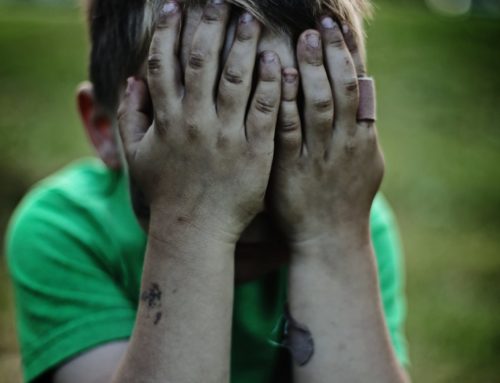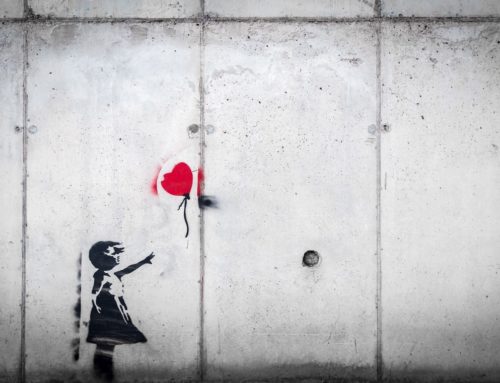More Than Words.
Everyone makes mistakes in relationships. It takes maturity and humility to admit wrongdoing and to apologize for transgressions. Hopefully, this becomes a learning experience where the relationship can recover, however minor or serious the offense may be.
Learning how to make amends takes time and can be learned at any stage in life. It is easier if this process was reinforced throughout childhood. Demonstrating to children how to apologize provides them with a social skill that will last a lifetime. This can be done by teaching them how to identify the feelings of guilt and regret. These feelings can be used in a positive way! Feeling bad about something can be a signal that action needs to be taken to show remorse by offering an apology. Imagine the benefits for children in their adult life if they are able to master this skill!
Some pitfalls get in the way of a solid apology. The primary culprits of this are denial and pride. Adults may lose insight or their ability to recognize that they’ve hurt somebody due to prolonged stress, addiction issues, feeling defensive, fear, and other reasons.
What happens if we didn’t learn how to apologize or we lost the skill along the way of life? Follow these simple steps and begin making amends today!
4-STEP APOLOGY:
Say The Words.
The first step is basic: simply say that you are sorry. Do not say any other words at this stage. Keeping it modest can help diffuse the situation and minimize the chances of furthering any wrongdoing.
Adult Example: “I’m sorry!”
Kid Example: “I’m sorry!”
Own It.
Acknowledge what you did by stating the offense. Taking ownership of your behavior provides validation for hurt feelings and can help instill trust. You can take it a step further by recognizing how the transgression impacted the upset party. Owning it also means that you take responsibility for the behavior by not assigning blame to anyone else or by making excuses.
Adult Example: “It was wrong of me to tell your secret. By doing so, I broke your trust and caused embarrassment.”
Kid Example: “I shouldn’t have pushed you. That was not nice and it hurt you.”
Do Something Nice.
Bolster your apology with a kind act. Use this as an opportunity to practice humility and service for someone you love. This offers more meaning than compensating for poor behavior through gift giving. Find something to do for them that would make them feel special and cared for by you.
Adult Example: Spend extra time with the person by asking them to go on a walk or picnic.
Kid Example: Do a chore for the sibling you offended or hurt.
Change Your Ways.
The best way to cement your apology is to do your best to avoid engaging in the offending behavior again. This stage may be easier for children to accomplish due to their developmental stage. For adults, this could be a process which requires some practice, depending on how engrained the offending behavior is. But change is always possible! And action steps moving toward genuine change can mean the world to someone you have hurt.
Adult Example: Refrain from gossiping in an effort to avoid hurting your friend or loved one.
Kid Example: Avoid pushing siblings and/or friends when frustrated.
If you or a loved one is in need of support, Low Country Counseling offers specialized therapy for Individuals, Moms, Couples, Families, Children, and Teens. Contact us for any questions you need answered or to schedule an appointment. Help is available. You are not alone!
Hope Starts HERE.






